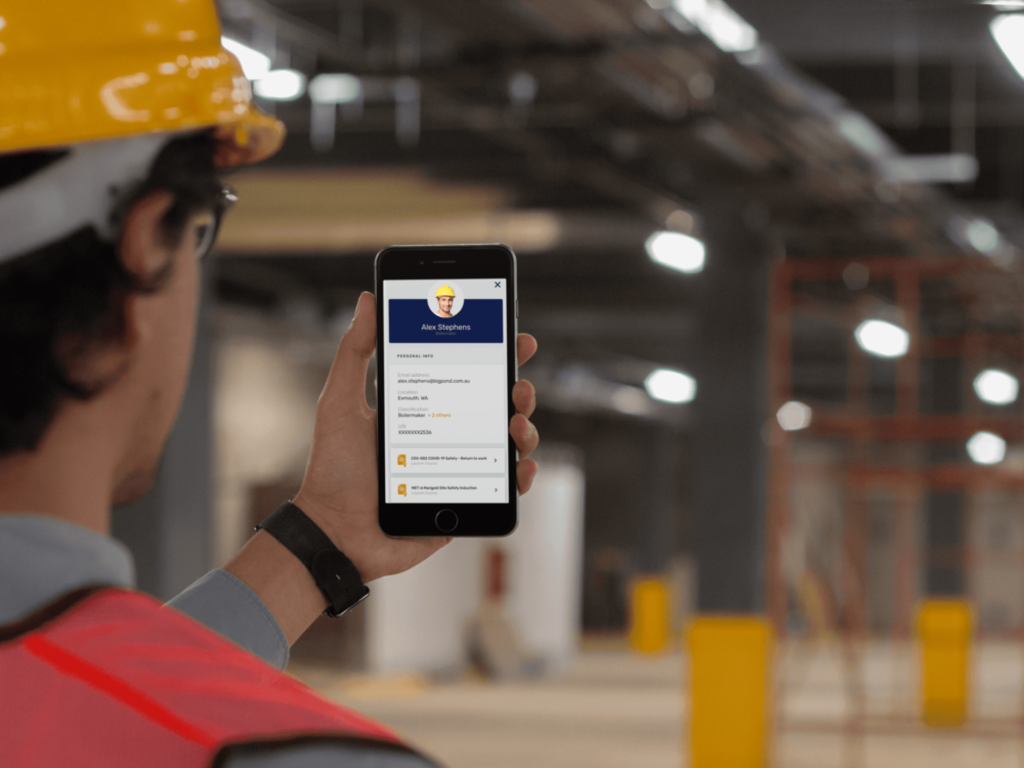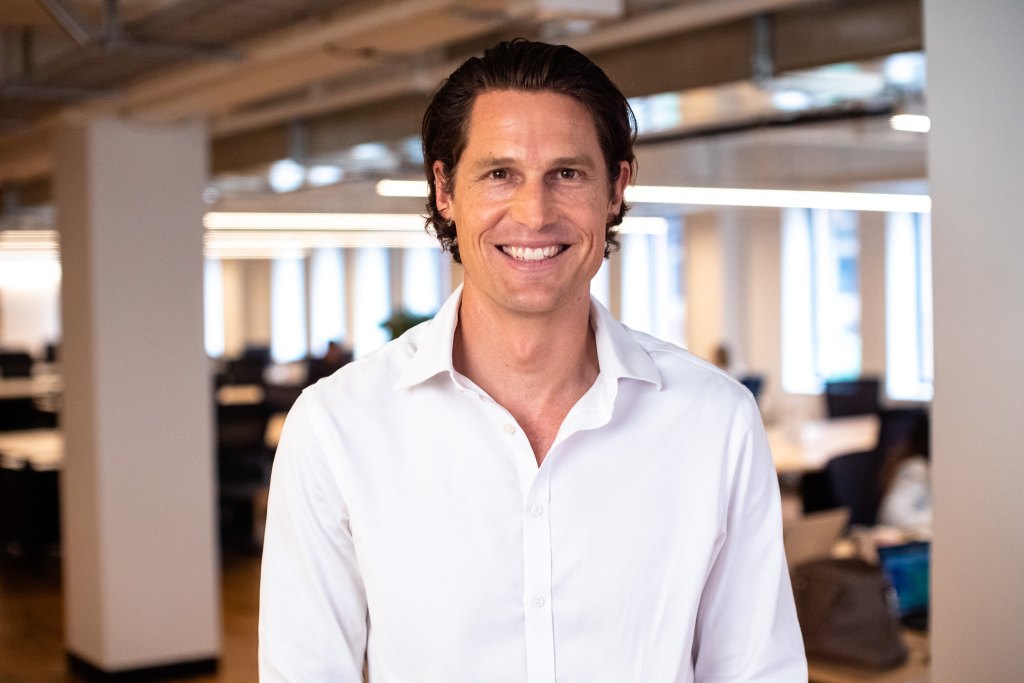A ‘skills passport’ aims to slash two-thirds of onboarding, compliance costs
BRANDVOICE
A mechanical engineer by trade, Matt Smith spent much of his early career working in the resources sector. It’s there he became privy to a big problem: there was no way to ensure workers were up-to-date with their training and certifications. So, he created a skills passport to solve it.

Originally from New Zealand, Matt Smith spent his late 20s through early 30s working in the resources industry in Australia. And as the story goes, he switched steel-capped boots and hi-vis for a suit, managing 30 people in the office – and 1500 trades and craft labour in the field.
“It was definitely a baptism of fire,” he recalls. “But that was a great opportunity to combine my engineering and construction expertise with an operations and business management role.”
But while he was in that role, he encountered a problem: on a weekly basis he was deploying 50 to 500 crew to remote mine sites and oil and gas facilities, without the assurance that they had received the correct training to perform their allocated tasks.
“There wasn’t a system of record, or way of tracking those workers easily, in terms of ensuring you had the right people with the right skills on a site,” Smith says. “I had to rely on the clients we served to have good systems in place.”
Those ‘systems’ looked like a bunch of standalone compliance forms that had been stitched together using Excel spreadsheets, or 40 back-and-forth emails to obtain the relevant documents to access sites.
And this didn’t just pose a huge administrative burden and compliance issue – this posed a risk to the lives of workers. In fact, 10 people have died in the Goldfields and Pilbara in the past three years, four since October 2022.
So, Smith was prompted to solve the problem, developing MyPass Global in 2015. What began as a two-sided industry portal that matched workers to projects is now a global worker credentialling system, centred around a digital Skills Passport that empowers front-line workers to manage their own training and competency information.
We’re becoming recognised now as the system of record across industries – allowing entire sectors to simplify, standardise and share.”
Matt Smith, founder, MyPass Global
MyPass acts as the single source of truth for verified worker data, from identity to health screening, police background checks to COVID immunisations, TAFE training competency assessments and even micro-credentialling. It’s essentially a comprehensive history of every training and competency assessment completed by a individual, in the one spot, that’s easily integrated with business management software. And according to a study validated by the University of Western Australia, the MyPass platform slashes about two-thirds of onboarding and mobilisation costs (up to 70%). MyPass also estimates that the cost of over-runs if production is halted due to issues like poor workmanship can be up to $1 million an hour.
“It’s extremely costly,” Smith says.
But there is a raft of other problems the platform has solved, like the duplication of worker data; the high-risk exposure for owner clients if workers undertake work on-site when they aren’t suitably qualified; and the inability to attract and retain sufficiently skilled workers to execute existing contracts.
“To get from new-starter to trained and competent can take weeks, and the process is often cumbersome and clunky. Every step a worker is forced to go through is a reason for them to drop out and take up another role,” Smith says
So far, nearly a quarter (24%) of the APAC energy resources sector uses MyPass, including industry leaders like BHP, Chevron, Woodside, Alcoa, INPEX and Methanex. And a third of the company’s business comes from large service-providers choosing to engage MyPass directly to reduce their risk and cost of operations. Smith also estimates MyPass’ user-base has doubled, on average, each year.
But while the energy and resource sector has been an early adopter, MyPass’ digital Skills Passport is beneficial for all industries like utilities, healthcare and volunteering.

“We’re sector agnostic,” Smith says.
“The same problem is basically carbon-copied in places like aged care, or wherever you have lots of contractors or casual workers moving between different facilities. We’re becoming recognised now as the system of record across industries – allowing entire sectors to simplify, standardise and share.”
Recently, Smith says MyPass was appointed by Bendigo Health to deliver a volunteer management solution across the Loddon Mallee Health Network. The Queensland Government also issued grant funding to about a dozen aged care and disability care providers (the Aged Care Workforce Alliance) to use MyPass as a system of record. The aim is to attract workers to the sector, standardise training and help them grow their career.
Over the next 12 to 18 months, MyPass is focused on growing its team and expanding into different industries – and countries. Already, MyPass operates in New Zealand, Chile and Canada, but is preparing for expansion into the US.
“There’s a really good chance we can help alleviate skill shortages across entire sectors in Australia if they use our platform,” Smith says. “Because we give individuals the ability to accumulate skills and capabilities, that are recognised across that whole industry, and even cross-industry. We’re excited about what the future holds.”